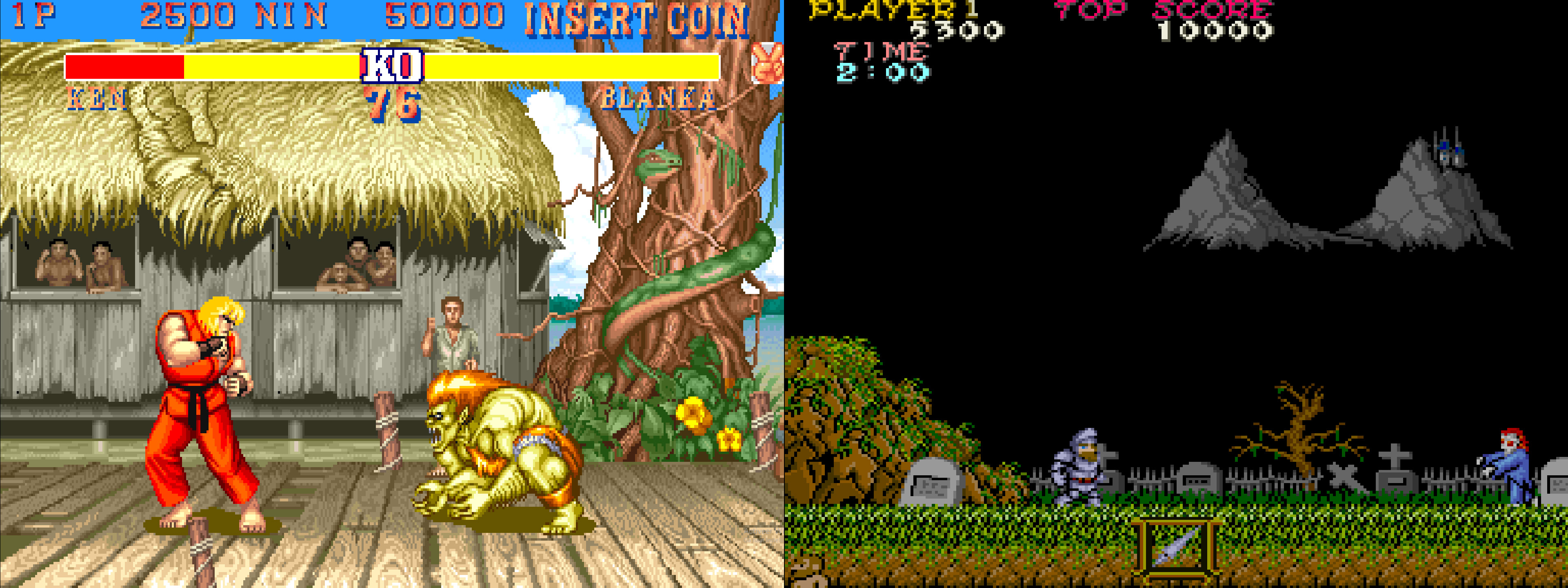Introduction
Capcom is a name that resonates with gamers worldwide. Founded in 1979 in Osaka, Japan, Capcom quickly became a powerhouse in the arcade gaming industry, delivering innovative gameplay, memorable characters, and groundbreaking titles. With a catalog of legendary games and a history of technological advancements, Capcom's impact on arcade gaming is undeniable. This article explores Capcom's contributions, highlighting their most iconic titles, industry innovations, and lasting legacy.
Capcom’s Early Days in Arcade Gaming
Capcom’s entry into arcade gaming in the early 1980s laid the groundwork for their rise as one of the most influential gaming companies.
- Founding and Focus: Established in 1979, Capcom initially produced electronic games before transitioning to arcade video games.
- First Major Arcade Success: Vulgus (1984) was Capcom’s first video arcade game, setting the stage for future successes.
- Expanding Globally: By the mid-1980s, Capcom’s games gained international acclaim, solidifying their presence in the global arcade market.
Key Arcade Titles and Their Impact
Capcom’s library of arcade games includes some of the most iconic and influential titles in gaming history. Here are a few standouts:
- 1942 (1984): A vertical shooter set during World War II, known for its strategic gameplay and immersive sound design. It became a staple of arcade halls and spawned sequels.
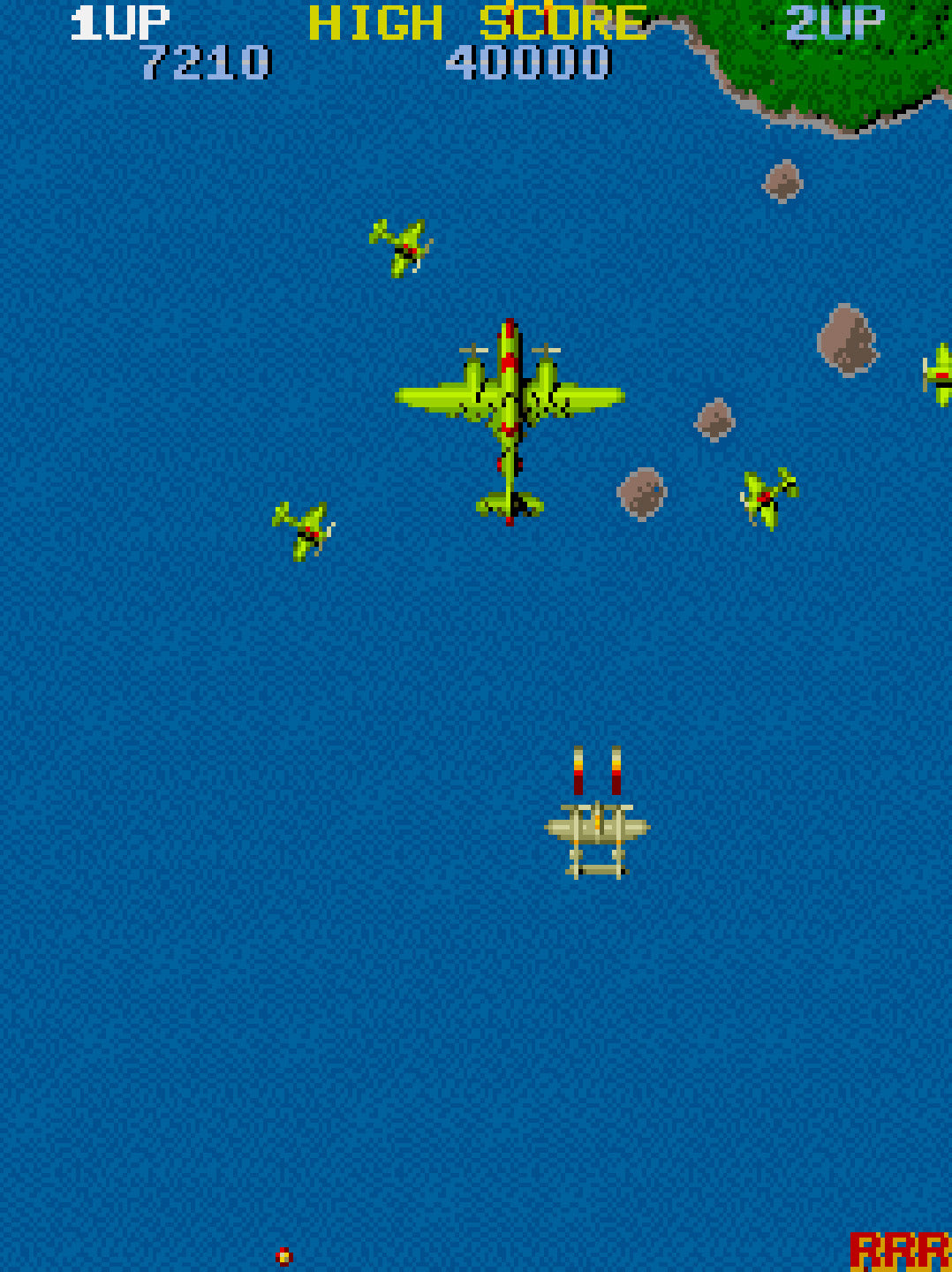
Ghosts 'n Goblins (1985): A challenging platformer where players guide Sir Arthur to rescue a princess from demons. Its high difficulty and iconic enemies earned it a loyal fan base.
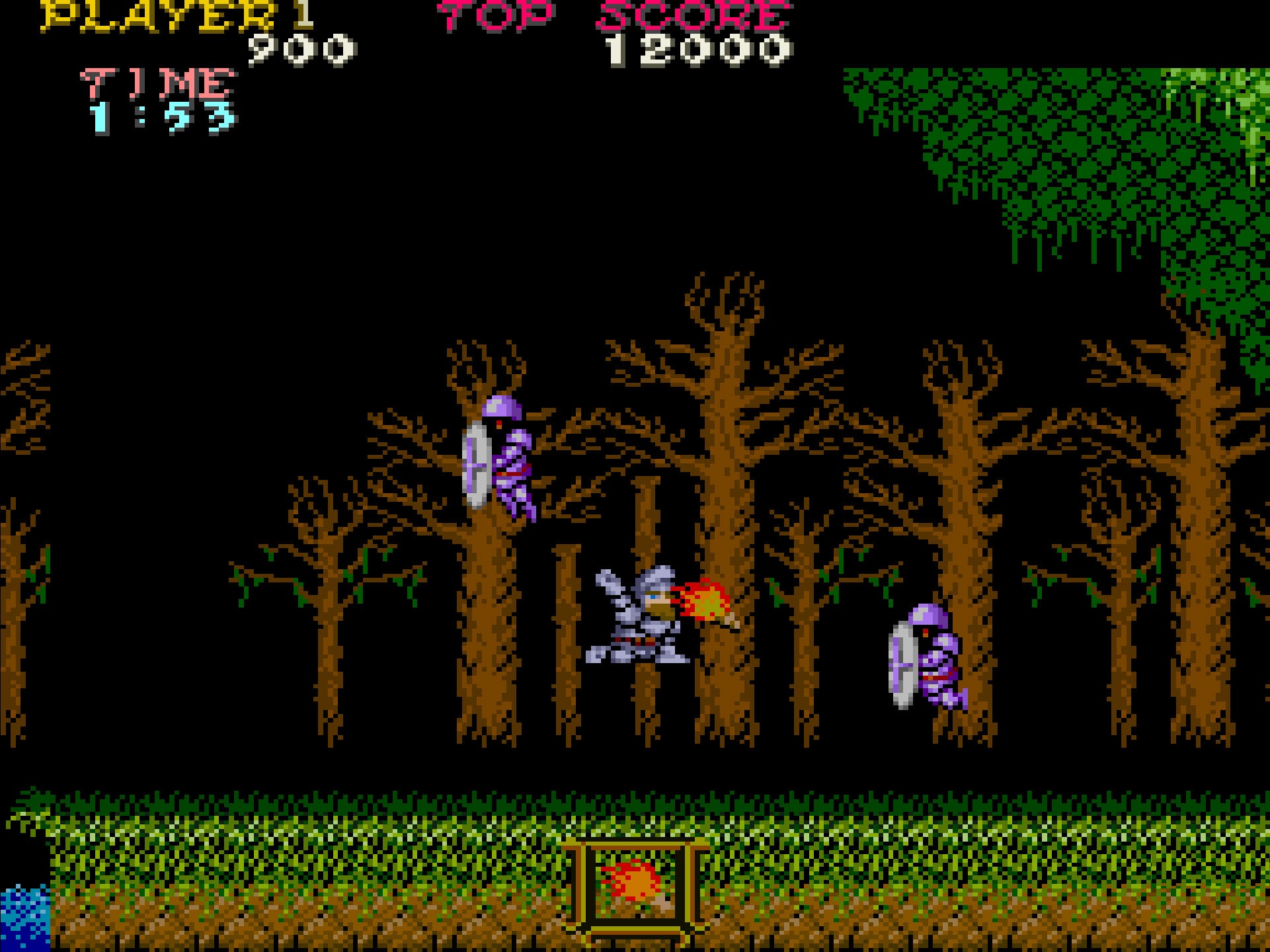
Street Fighter II (1991): A revolutionary fighting game that introduced combo mechanics, a diverse roster, and competitive gameplay.
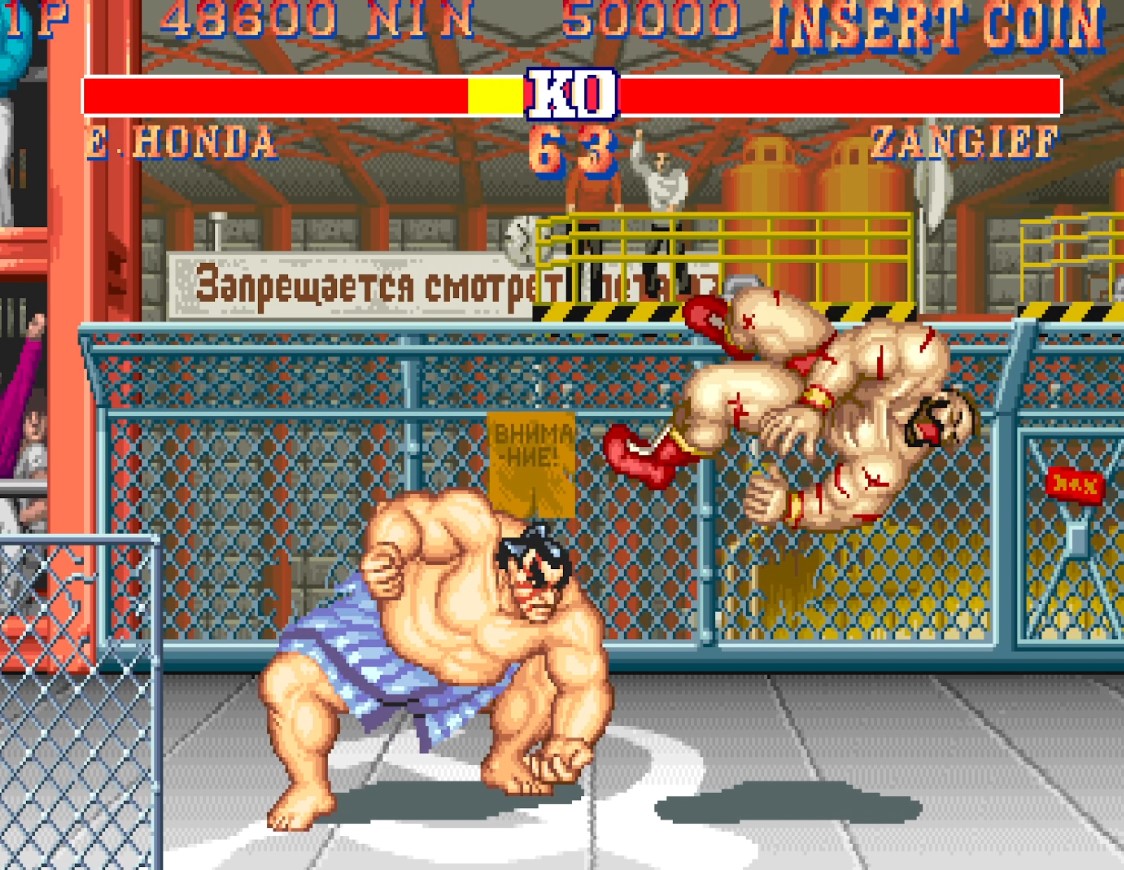
Final Fight (1989): A side-scrolling beat ‘em up featuring memorable characters and cooperative gameplay.
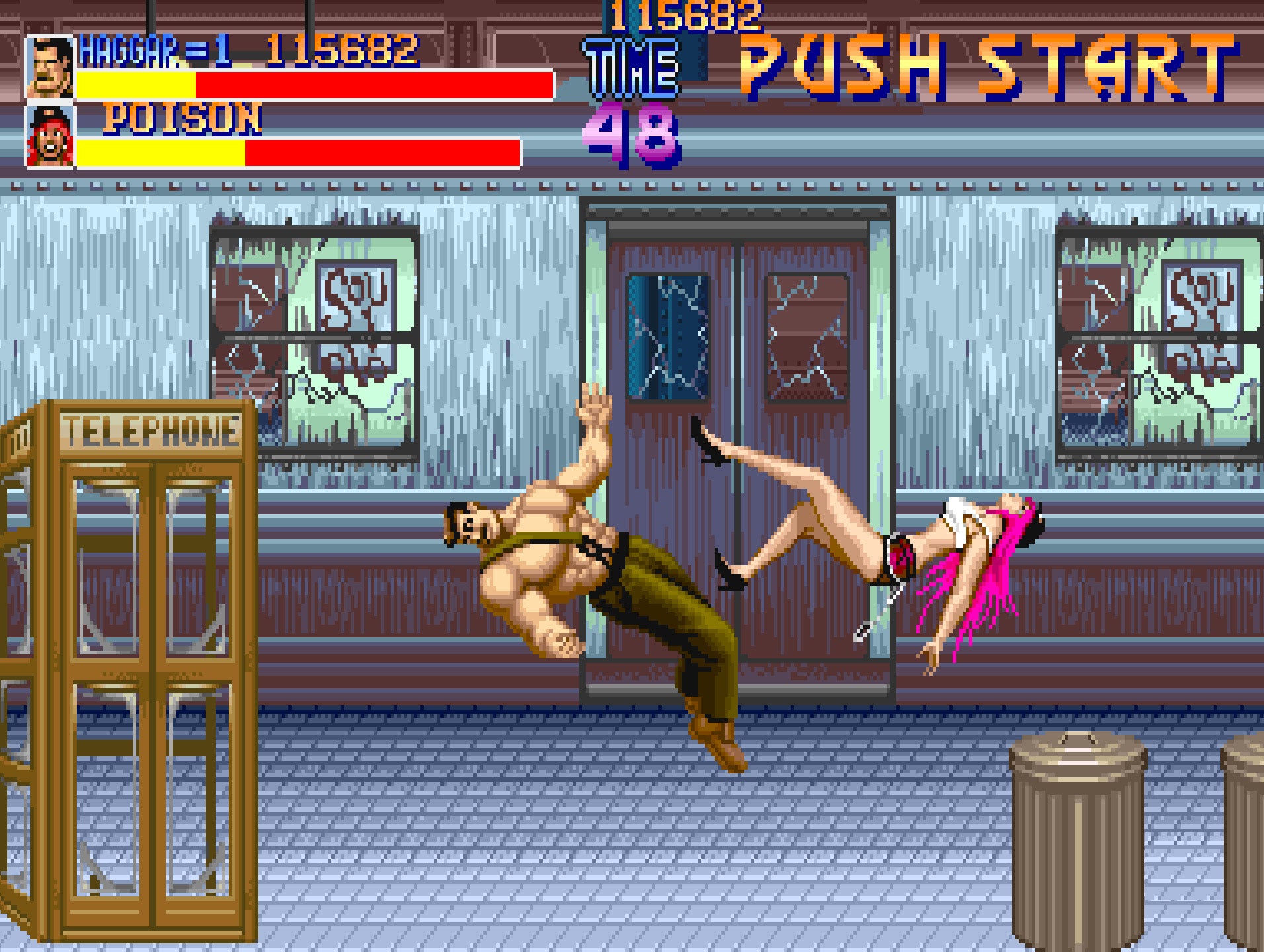
Marvel vs. Capcom (1998): A crossover fighting game that brought Marvel superheroes and Capcom characters together in thrilling battles.
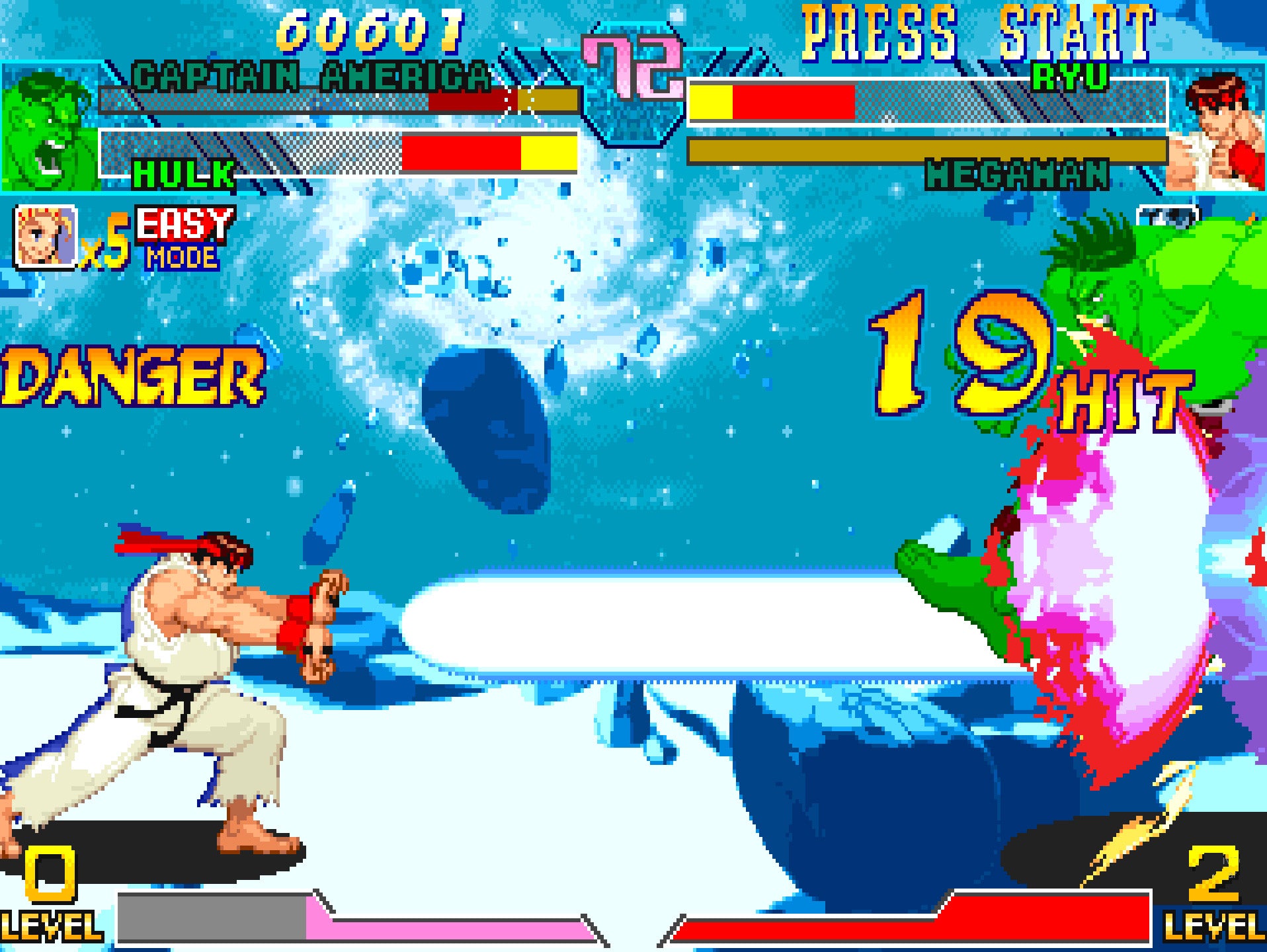
Technological Innovations
Capcom consistently pushed the boundaries of what arcade games could achieve through innovative technology and hardware.
- CPS (Capcom Play System) Hardware: Introduced in 1988, this arcade system board enabled enhanced graphics and sound, powering hits like Street Fighter II and Final Fight.
- Combo Mechanics: First implemented in Street Fighter II, these mechanics redefined fighting games and became a staple of the genre.
- Crossover Games: Titles like Marvel vs. Capcom demonstrated Capcom’s ability to merge franchises seamlessly, a trend that continued into home consoles.
Cultural Impact
Capcom’s arcade games left an indelible mark on gaming culture and beyond.
- Competitive Gaming: Street Fighter II became a cornerstone of competitive gaming, paving the way for modern esports.
- Memorable Characters: Iconic characters like Ryu, Chun-Li, and Sir Arthur remain cultural icons in gaming.
- Merchandising and Media: Capcom’s franchises expanded into movies, merchandise, and comic books, broadening their reach and influence.
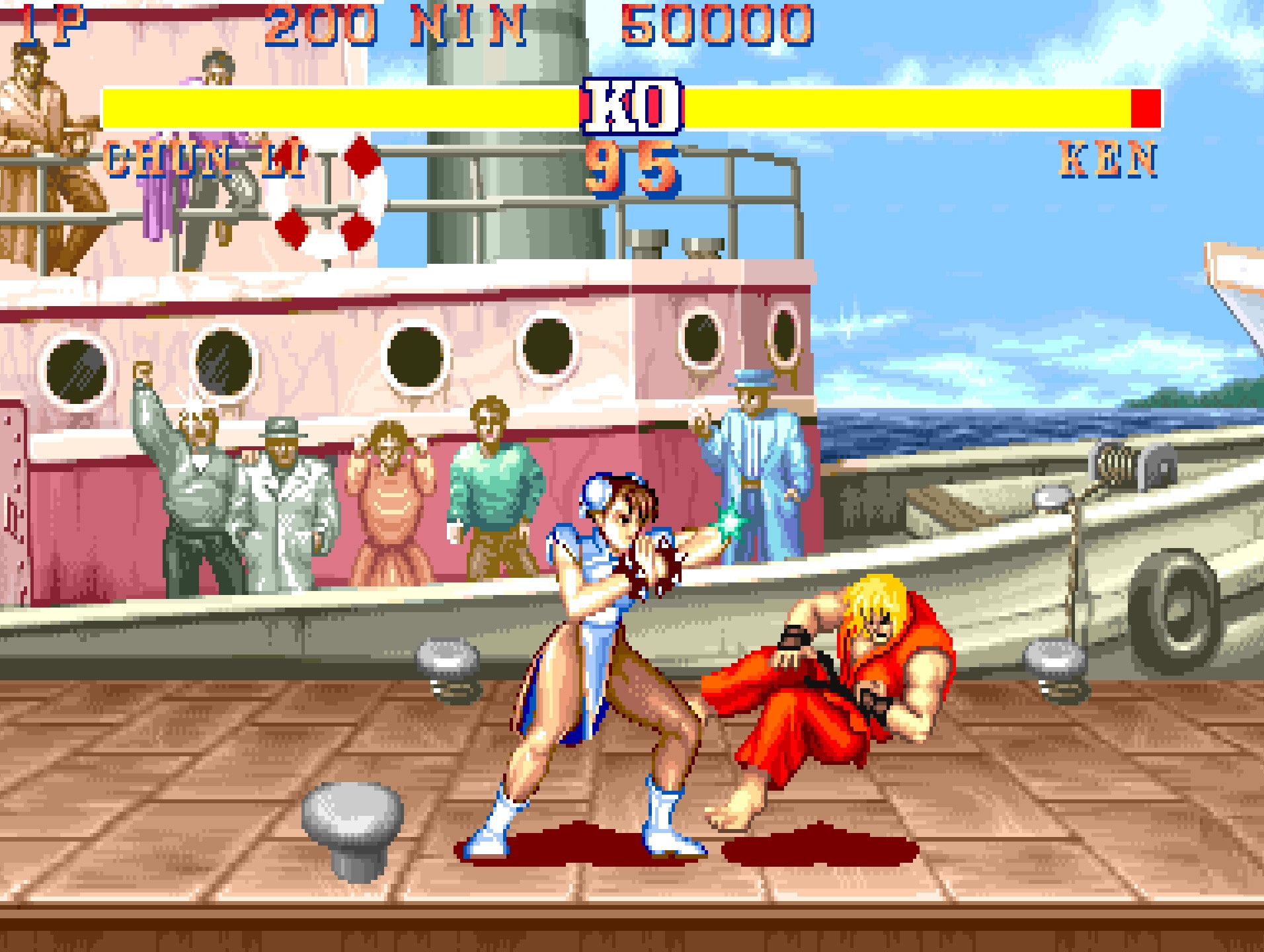
Challenges and Adaptation
Like many arcade giants, Capcom faced challenges as the gaming landscape evolved.
- Home Console Shift: The rise of home gaming consoles in the 1990s led to a decline in arcade popularity.
- Fierce Competition: Rivals like Sega, Konami, and Namco introduced competing titles that challenged Capcom’s dominance.
- Adapting to Change: Capcom transitioned to focus on home consoles and digital distribution while maintaining their arcade legacy.
Enduring Legacy
Capcom’s contributions to arcade gaming continue to be celebrated by fans and industry professionals alike.
- Timeless Classics: Games like Street Fighter II and Ghosts 'n Goblins remain beloved by retro gaming enthusiasts.
- Innovative Influence: Capcom’s gameplay mechanics and hardware advancements have inspired generations of developers.
- Modern Relevance: Through re-releases, compilations, and competitive tournaments, Capcom’s arcade classics stay relevant in today’s gaming landscape.
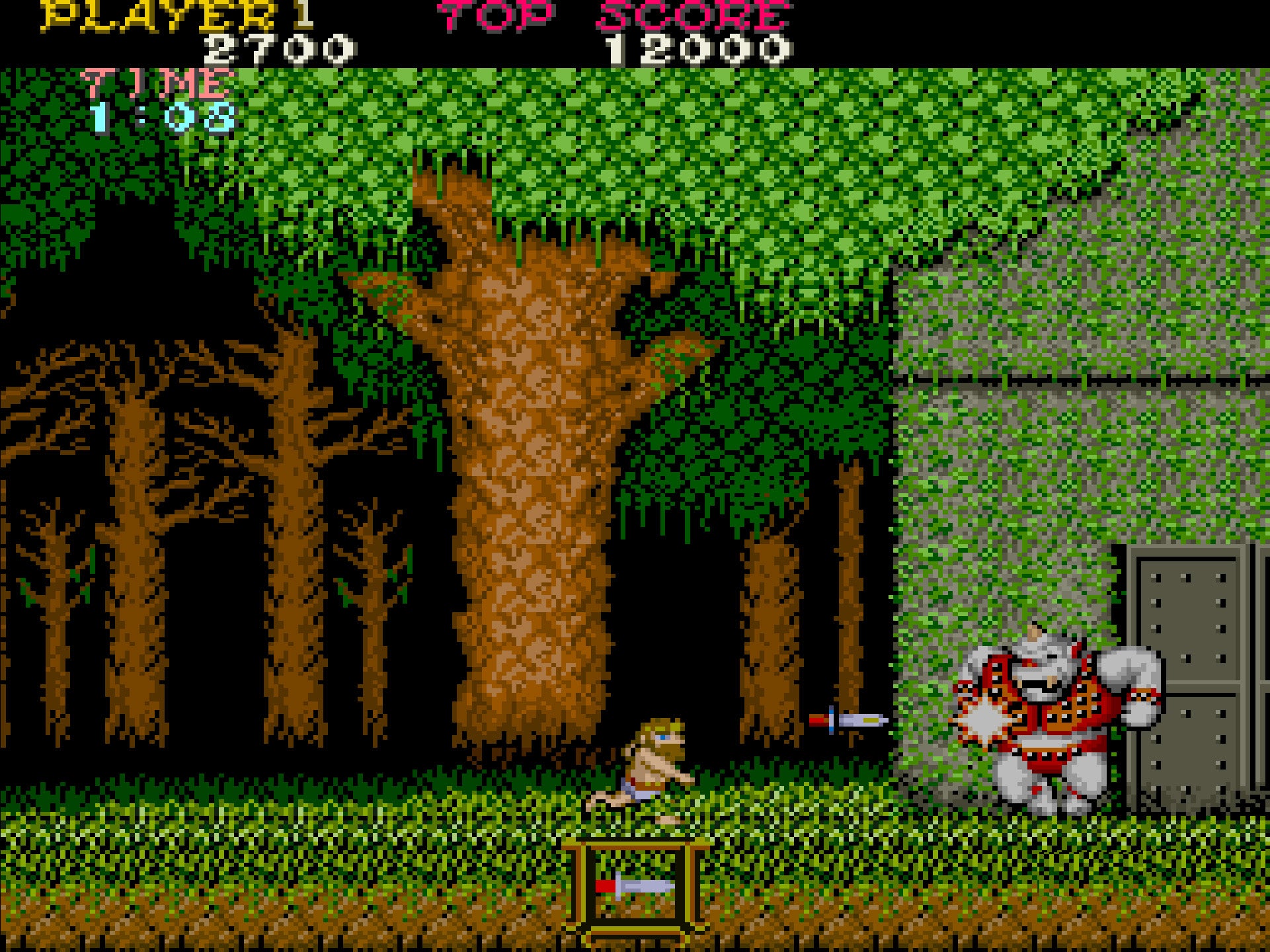
Conclusion
Capcom’s role in arcade gaming is a testament to their creativity, innovation, and commitment to delivering unforgettable experiences. From groundbreaking titles like Street Fighter II and Final Fight to their technological advancements, Capcom shaped the golden age of arcades and laid the foundation for future gaming generations. Their enduring legacy is a source of inspiration for gamers and developers worldwide.
Related Pages:
Questions you might have:
How did Capcom contribute to the evolution of arcade gaming?
Capcom's innovations reshaped arcade gaming with titles like "Street Fighter II," introducing competitive one-on-one fighting. Their introduction of combo systems, unique character moves, and the use of special input commands set new standards. The "QSound" audio technology enhanced arcade experiences with rich soundscapes.
What is the history and origin of Capcom as a gaming company?
Founded in 1983 as "Capsule Computers," Capcom initially produced electronic game machines before shifting focus to game development. Their early success came with titles like "1942" and "Ghost 'n Goblins," paving the way for their rise as a major player in the gaming industry.
What impact did "Street Fighter" have on Capcom's reputation and success?
"Street Fighter" catapulted Capcom to prominence, introducing the franchise that became synonymous with competitive fighting games. Its sequel, "Street Fighter II," transformed Capcom into an industry leader and laid the foundation for a rich legacy of sequels, spin-offs, and esports events.
How did Capcom's arcade games influence the gaming industry as a whole?
Capcom's games set trends and raised the bar for gaming experiences. The popularity of titles like "Mega Man" and "Street Fighter II" shaped gaming mechanics, storytelling, and competitive play, profoundly influencing subsequent game development and culture.
What other notable franchises did Capcom create apart from "Street Fighter"?
Beyond "Street Fighter," Capcom introduced the beloved "Mega Man" series with its challenging platforming and boss battles. The survival horror genre was revolutionized by "Resident Evil," and action-adventure fans embraced "Devil May Cry." The company's diverse portfolio includes successful franchises like "Monster Hunter," "Phoenix Wright," and "Ace Attorney."
How did Capcom's characters become iconic figures in gaming culture?
Characters like Ryu and Chun-Li from "Street Fighter," Mega Man, and Dante from "Devil May Cry" are iconic due to their unique designs, movesets, and backstories. These characters have transcended their games, becoming cultural symbols and fan favorites in cosplay, art, and media.
What is the current status of Capcom's influence on arcade gaming and the gaming industry?
Capcom remains influential with ongoing game releases, such as new iterations of "Street Fighter" and "Mega Man." The company's legacy endures in modern gaming through sequels, remakes, and adaptations of classic titles, demonstrating their ongoing impact on the industry and player experiences.

